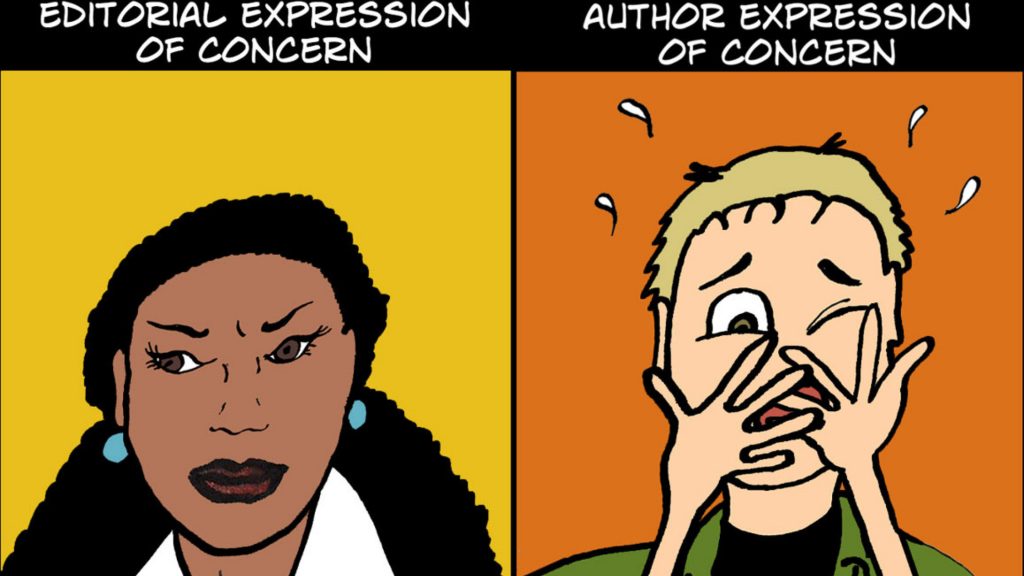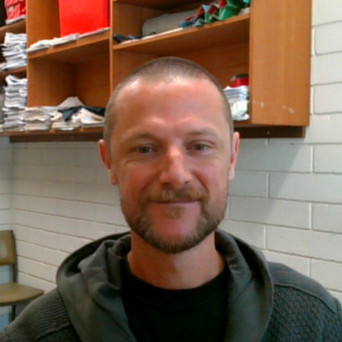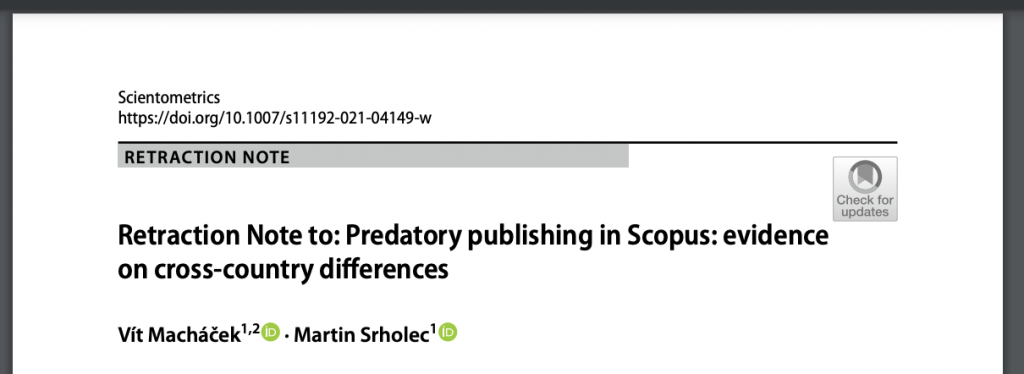
A total of 436 papers in two Springer Nature journals are being subjected to expressions of concern, in the latest case of special issues — in this case, “topical collections” — likely being exploited by rogue editors or impersonators.
The move follows the discovery, as we reported in August, of more than 70 papers in a collection in one of the journals, the Arabian Journal of Geosciences, that referred to subjects — aerobics and running wear, for example — seemingly unrelated to geology. That sleuthing began on PubPeer and was broadened by Alexander Magazinov and Guillaume Cabanac. We have now learned that Springer Nature had already been looking into the issues.
Here’s the notice that appears with a list of more than 400 articles from three different topical collections for the Arabian Journal of Geosciences:
Continue reading Springer Nature slaps more than 400 papers with expressions of concern all at once





